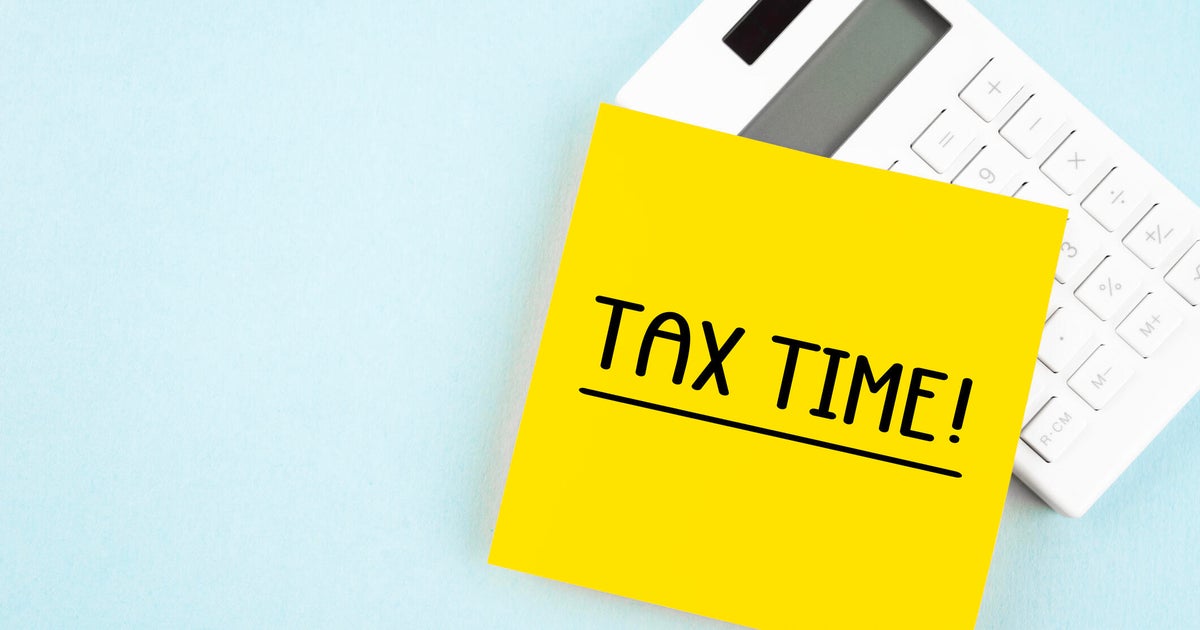HELOCs vs. home equity loans: 3 questions to ask yourself
Tapping into the equity you've built in your home is a great way to access cash to help fund a home renovation project, consolidate existing debt or cover other upcoming expenses.
Two of the most popular options for doing this — home equity loans and home equity lines of credit (HELOCs) can also help you get solid interest rates in today's economy. That's because they're secured by the value of your home, allowing you to qualify for better rates than unsecured personal loans or credit cards (while also making it even more imperative to keep up with payments).
But if you're considering using home equity today, which of these two borrowing options is best? If you have a goal in mind for the cash and how you'll repay it, the answers you give to a few specific questions can help you decide.
Find out the best home equity rates you can qualify for today here.
HELOCs vs. home equity loans: 3 questions to ask
Before you decide between a HELOC or a home equity loan, ask yourself the following questions.
Do you want a fixed or variable interest rate?
When you borrow from your home equity, the type of interest rate you get can impact the amount you pay over time.
"Home equity loans are often based on a fixed rate whereas HELOCs are typically variable rate," says Gregory Crofton, CFP, founder of Adap Tax Financial. "Compare rates. Lower is better." However, given the possibility that interest rates could fall in the not-so-distant future, "a variable rate loan will likely benefit from lower future rates at the cost of the certainty of a fixed rate," Crofton adds.
So, if you're concerned about paying today's high rates over the lifetime of your loan, a HELOC with a variable interest rate that generally moves alongside federal interest rates could be better for you. Otherwise, a home equity loan with fixed interest can help you avoid potentially even higher rates and reliably budget for a regular monthly payment over a fixed period.
Start comparing home equity interest rates you can qualify for here!
Would you prefer one lump sum or an open credit line?
The way you actually access the money you borrow from your home equity varies greatly between home equity loans and HELOCs.
When you're approved for a home equity loan, you'll receive the total loan amount in a lump sum payment and can do whatever you'd like with it. When you get a HELOC, on the other hand, it's similar to getting a new credit card. You'll be approved for a certain credit line, which you can draw from as you need over a given period (usually up to 10 years).
These different ways of receiving the money you borrow from home equity can also influence how much you'll pay back over time. With a home equity loan, you'll simply pay the interest you accrue over your fixed repayment timeline. But with a HELOC, you'll only owe interest on the amount you actually borrow. If you end up not using a portion of your credit line, you don't have to pay interest on that amount.
So knowing upfront whether you'll get more use from the money all at once or by accessing portions of it over time can be an influencing factor in the loan type you choose.
What are you using the money for?
Anytime you borrow money, it's good to know what you'll use it for before you apply. Home equity loans may be better suited for certain uses over a HELOC, and vice versa.
For example, a lump sum home equity loan can be great if you're starting a home renovation for which you've already gotten a price quote and know your loan can cover much of the cost. It's also a great option for debt consolidation since you can use the money to pay off existing high-interest debt all at once.
HELOCs, on the other hand, are great for ongoing home projects that could accrue more costs over time or if you plan to do several projects over the next few years. And while a fully stocked emergency fund is always ideal for unexpected expenses, drawing upon a HELOC you already have could be a way to cover emergencies that arise if you don't already have the money saved.
The good news for those using home equity for home improvements is that both home equity loans and HELOCs can have tax advantages. When you use the money for eligible home improvements or renovations on your primary residence, the interest you accrue may be tax-deductible.
Thinking a home equity loan or HELOC could be right for you? Start comparing today's best rates now.
The bottom line
Home equity loans and HELOCs can help homeowners access the funds they may need for a wide range of purposes, including completing home renovations designed to boost their equity even more. And in today's high interest rate environment, they offer relatively affordable alternatives to higher-interest lending options.
To decide which is best for you, make sure to ask yourself key questions about the type of interest rate you want, how you'll receive the money and what you'll use it for. Then you can start finding top rates you'll qualify for today.




